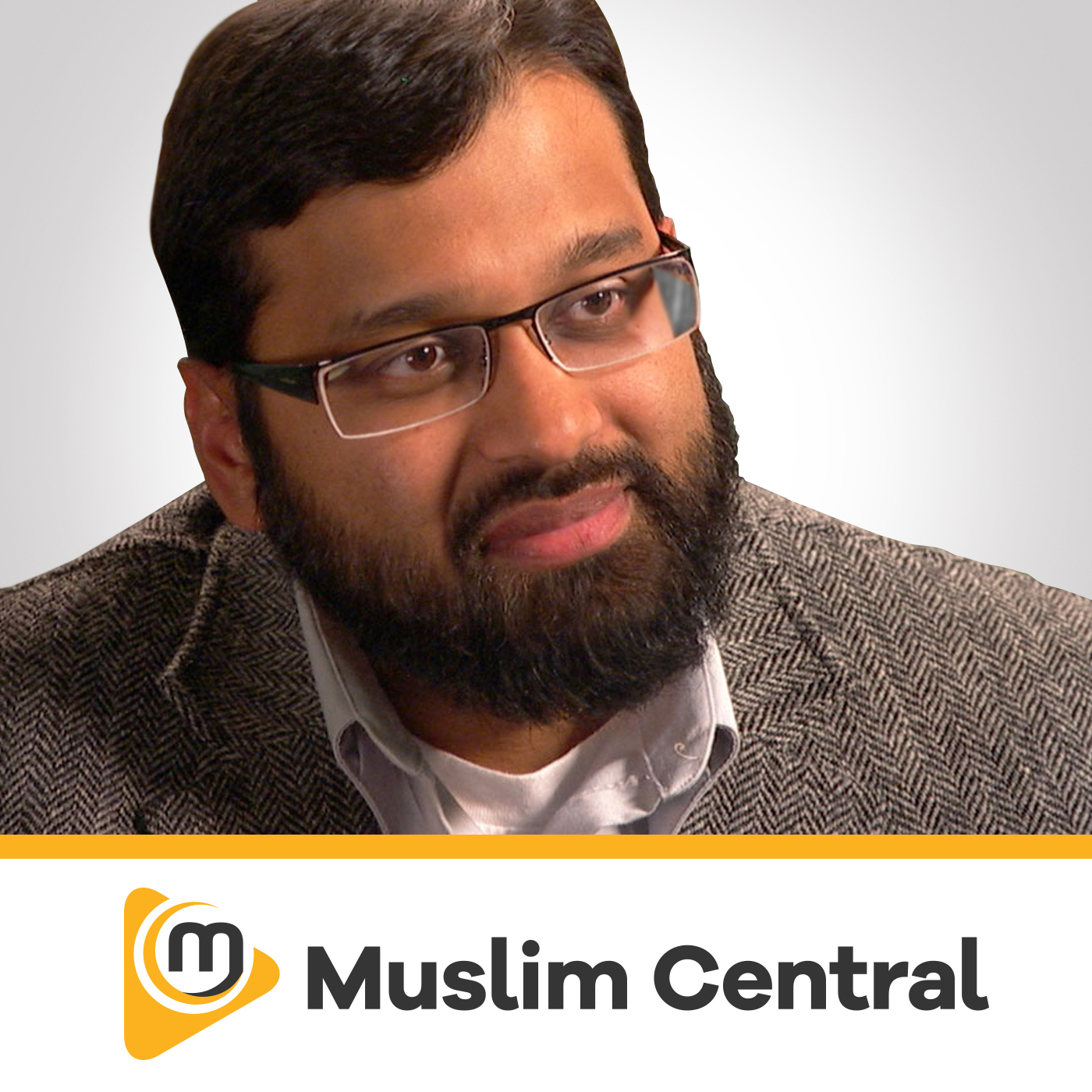Listen "Lives Of The Sahaba 19 - Umar b. al-Khattab - PT 08"
Episode Synopsis
As we watch this video, we are taken on a journey with Shaykh Dr. Yasir Qadhi who unravels and attempts to divulge details on the rulings over non Muslims as said by Umar Ibn Al-Khattab RA, Ash-shurut Umariyah - the conditions he placed on the Ahle-Kitab. We are also provided information on the death of Umar RA.
Some of the rulings and limitations set on the non-Muslims at the time of the Second Khalifa Umar RA can be summarized as follows:
Non-Muslims were prohibited from building new places of worship and had to make do with only the pre-existential ones.
Shirk was prohibited in public and had to be exercised only in in seclusion.
Absolute prohibition of criticism and spying of Muslims.
Though these rulings may be deemed controversial or unfair in this era, Umar RA had set these conditions at a time when conservation was at its peak and hence, we may deem these rulings as progressive and liberal.We are also made to explicitly understand that these rulings cited by Umar RA have no founding to be a necessity of the Shariah and hence, it is not binding and compulsory on the entire Ummah.
As was his dua' in his lifetime of dying as a Shaheed (martyr) in Madinah, he met the same fate via an attack by Abu Lulu Al-Majusi (Firoz), a Persian slave, after Salat Fajr with a poisoned dagger and passed away on a Wednesday, 26th or 27th of Dhul-Hijjah, 23rd year of Hijrah, at age of 63 which was synonymous with the age of Abu Bakr RA and Prophet Muhammad ﷺ. His wish was to be buried alongside his two companions during his lifetime - Abu Bakr RA and Prophet Muhammad ﷺ - and this wish was duly adhered to and fulfilled by Aisha RA.
Some of the rulings and limitations set on the non-Muslims at the time of the Second Khalifa Umar RA can be summarized as follows:
Non-Muslims were prohibited from building new places of worship and had to make do with only the pre-existential ones.
Shirk was prohibited in public and had to be exercised only in in seclusion.
Absolute prohibition of criticism and spying of Muslims.
Though these rulings may be deemed controversial or unfair in this era, Umar RA had set these conditions at a time when conservation was at its peak and hence, we may deem these rulings as progressive and liberal.We are also made to explicitly understand that these rulings cited by Umar RA have no founding to be a necessity of the Shariah and hence, it is not binding and compulsory on the entire Ummah.
As was his dua' in his lifetime of dying as a Shaheed (martyr) in Madinah, he met the same fate via an attack by Abu Lulu Al-Majusi (Firoz), a Persian slave, after Salat Fajr with a poisoned dagger and passed away on a Wednesday, 26th or 27th of Dhul-Hijjah, 23rd year of Hijrah, at age of 63 which was synonymous with the age of Abu Bakr RA and Prophet Muhammad ﷺ. His wish was to be buried alongside his two companions during his lifetime - Abu Bakr RA and Prophet Muhammad ﷺ - and this wish was duly adhered to and fulfilled by Aisha RA.
More episodes of the podcast Yasir Qadhi
If God Is Merciful Why Do We Suffer
14/11/2025
Will You Accept Allahs Guidance
11/11/2025
From Darkness To Light The End Of JaHiliyyah
08/11/2025
The Quran- Islams Greatest Miracle
24/10/2025
 ZARZA We are Zarza, the prestigious firm behind major projects in information technology.
ZARZA We are Zarza, the prestigious firm behind major projects in information technology.
